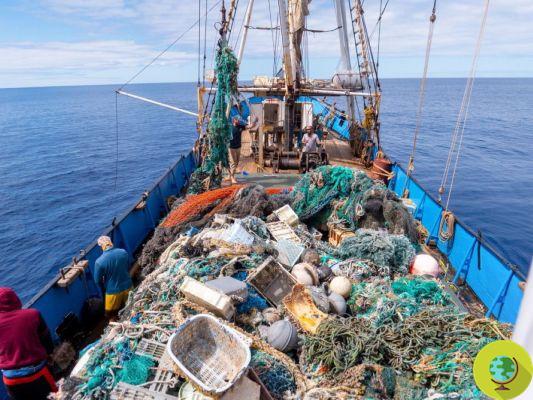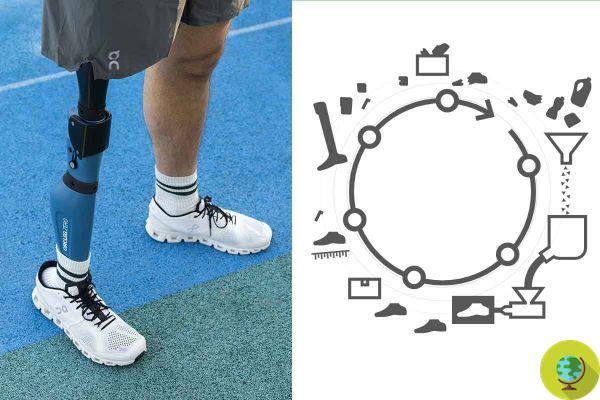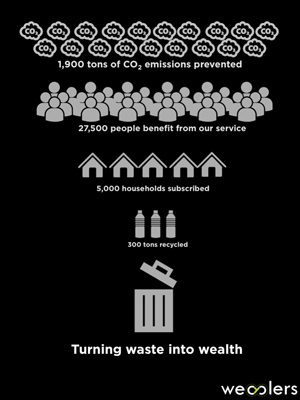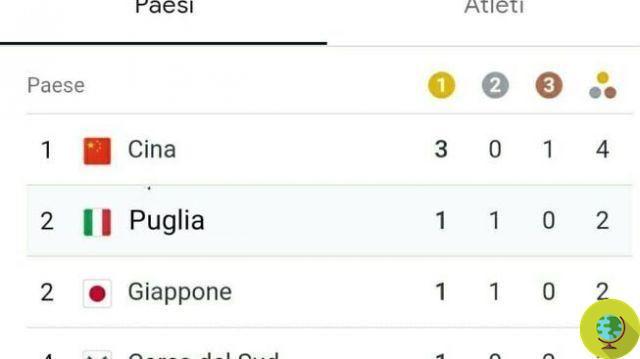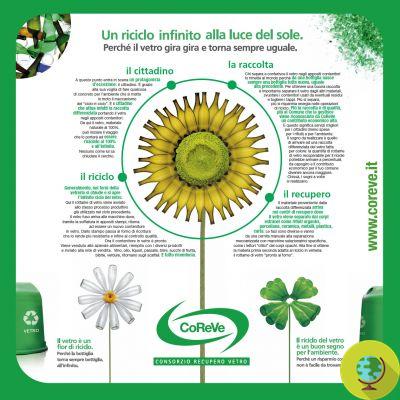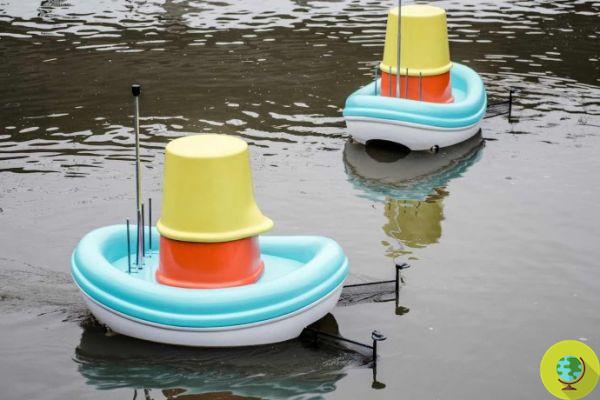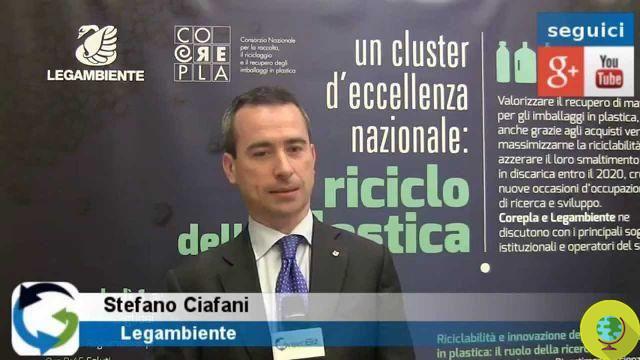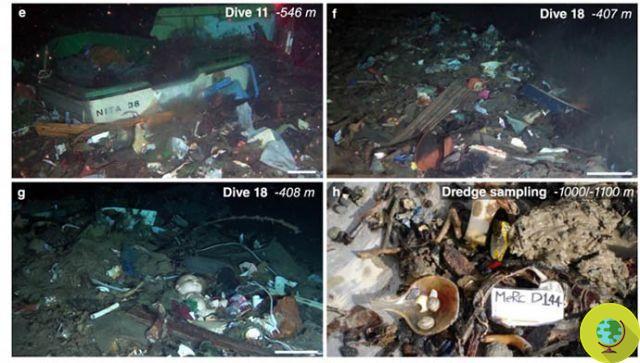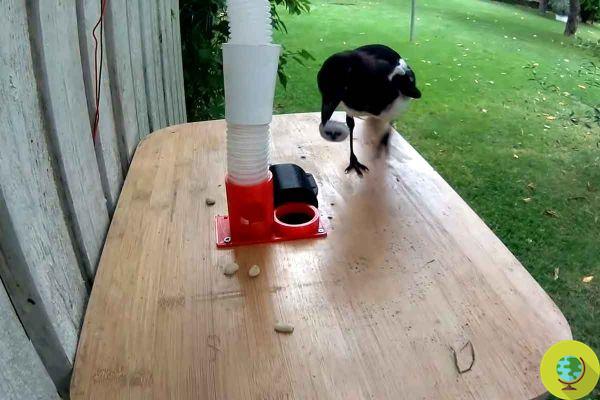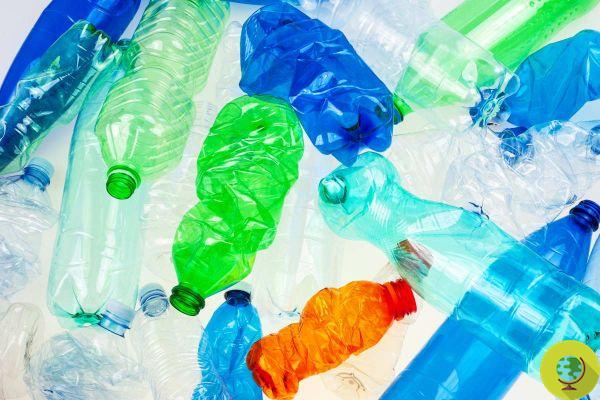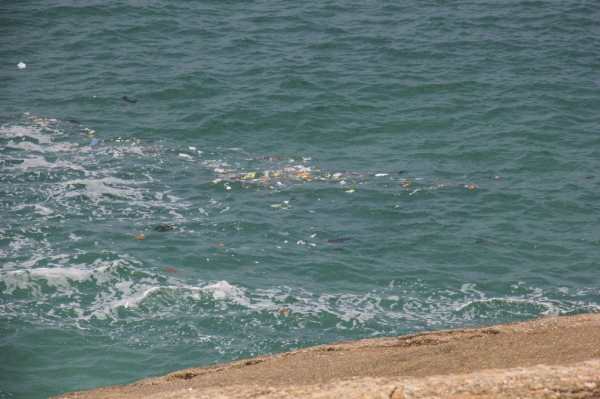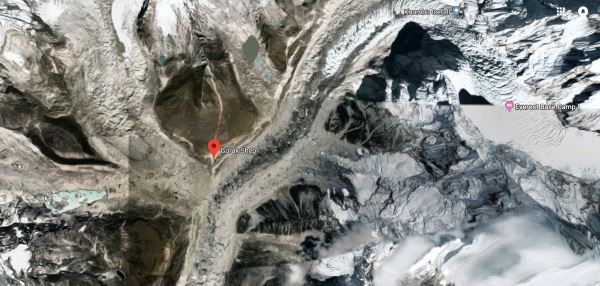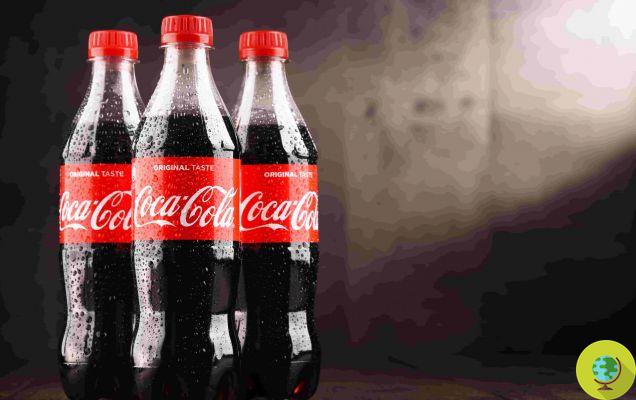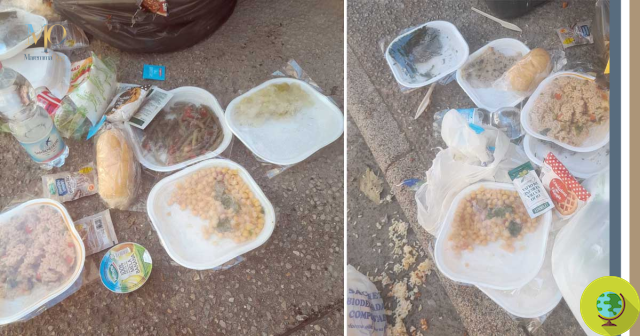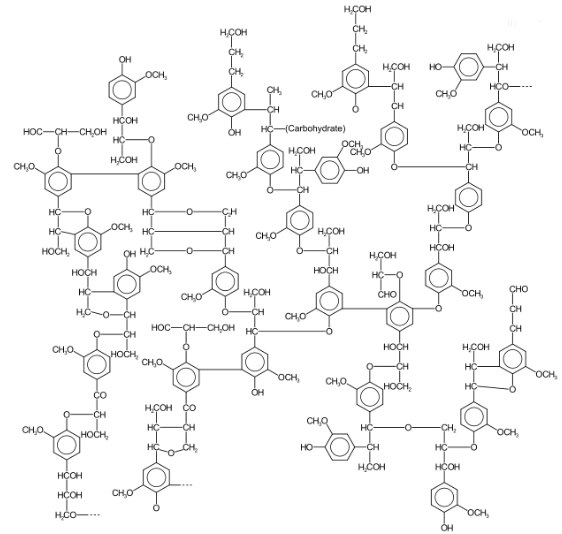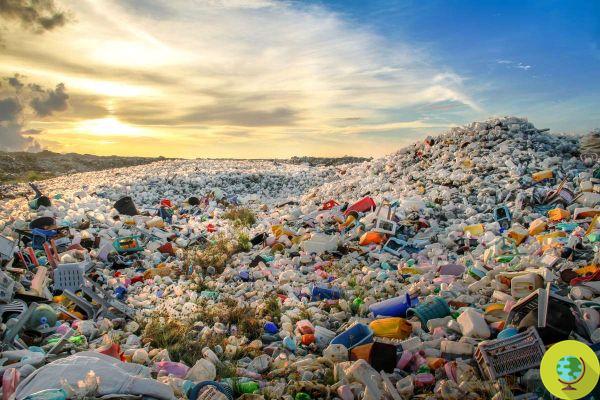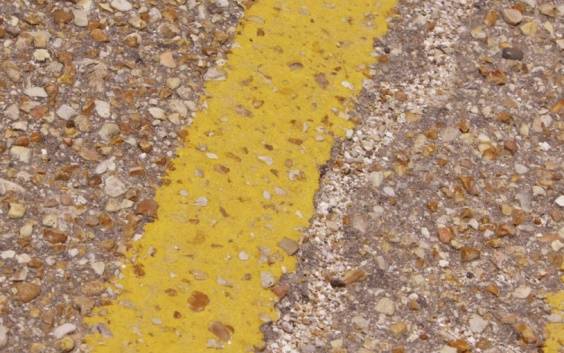Plastic is now everywhere. Even in the most remote corners of the world, such as in the Mariana Trench, litter has been found. This was confirmed by the discovery of what has been renamed as the deepest plastic bag on Earth
Plastic is now everywhere. Even in the most remote corners of the world, such as in the Mariana Trench, litter has been found. This was confirmed by the discovery of what has been renamed as the deepest plastic bag on Earth.
Scientists from the Japan Agency for Marine-Earth Science and Technology (JAMSTEC) discovered it. At 10.898m in the deepest ocean trench in the world, they have identified one of 3000 pieces of debris dating back as far as 30 years ago.
Numerous international teams are studying the ocean floor to find out what's underneath, helping to update a . The Japanese Agency's Global Oceanographic Data Center (GODAC) launched the database for public use in March 2017. It stores photographs and videos of debris collected since 1983 from submarine submarines and remote-controlled vehicles.
The research, published on Marine Policy, provides data on marine pollution based on information from the database and shows how human activities over the decades have also damaged deep sea ecosystems.
Over the course of 5010 dives and using remote deep-sea vehicles, 3425 man-made debris including plastic, metal, rubber and fishing gear were found. Over a third were large (macroplastics), of which 89% consisted of products single use. In areas deeper than 6000m, more than half of the debris was plastic, almost all of which was disposable.
Speaking in terms of density, i.e. the quantity of plastic per sq km, the scientists detected 17 to 335 waste per sq km at various depths between 1092 and 5977m.
“The data show that, in addition to resource exploitation and industrial development, the influence of terrestrial human activities has reached the deepest parts of the ocean in areas more than 1000km from the mainland,” the team explains.
Once in the open sea, plastic can survive for thousands of years. Deep-sea ecosystems are highly endemic and have a very slow growth rate, so the potential threats related to plastic pollution are even more concerning. Not to mention that these ecosystems are already severely tested by the direct exploitation of biological and non-biological resources, for example by trawling and the exploitation of mineral resources.
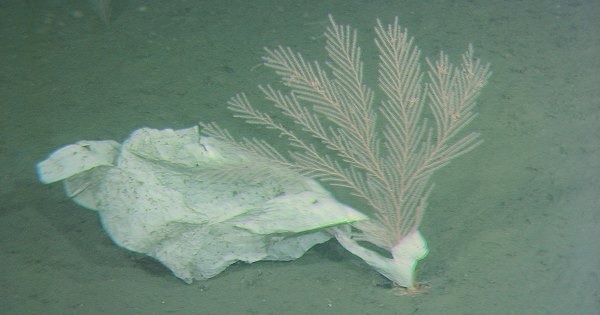
Photo: Unep
“The ubiquitous distribution of single-use plastics, even in the greatest depths of the ocean, reveals a clear link between everyday human activities and the most remote environments. Reducing the production of plastic waste appears to be the only solution to the problem of deep-sea pollution. A global monitoring network is needed to share limited data on deep-sea plastic pollution, and impact surveys should be prioritized for biologically and ecologically important areas with high concentrations of plastic debris and to use ocean circulation patterns and identify the way in which plastic travels from the earth to the depths of the sea " adds l'Unep.
We have managed to reach even the most remote areas of the Earth with our dirt. We can still do something to limit the damage by reducing our use of plastic.
Plastics are now showing up in the very deepest, most remote parts of our planet. This plastic bag was found at the bottom of the Mariana Trench, nearly 11km under water.
It’s time to #BreakFreeFromPlastics. Retweet if you agree. https://t.co/18RZyUIA4K pic.twitter.com/95Rts4vDyg
— Greenpeace East Asia (@GreenpeaceEAsia) 10 maggio 2018
Click here to see all the litter found at the bottom of the sea
Click here to see the video of the plastic bag found in the Mariana Trench
READ also:
- Even the Mariana trench is polluted: toxic substances in crustaceans (PHOTO AND VIDEO)
- The Arctic is chock full of microplastics: 12000 particles in a liter of ice
- Ocean trash: Even the Arctic is flooded with our dirty plastic
Francesca Mancuso
cover photo




